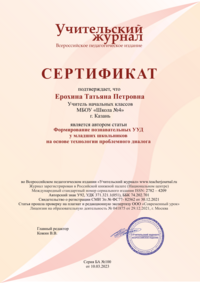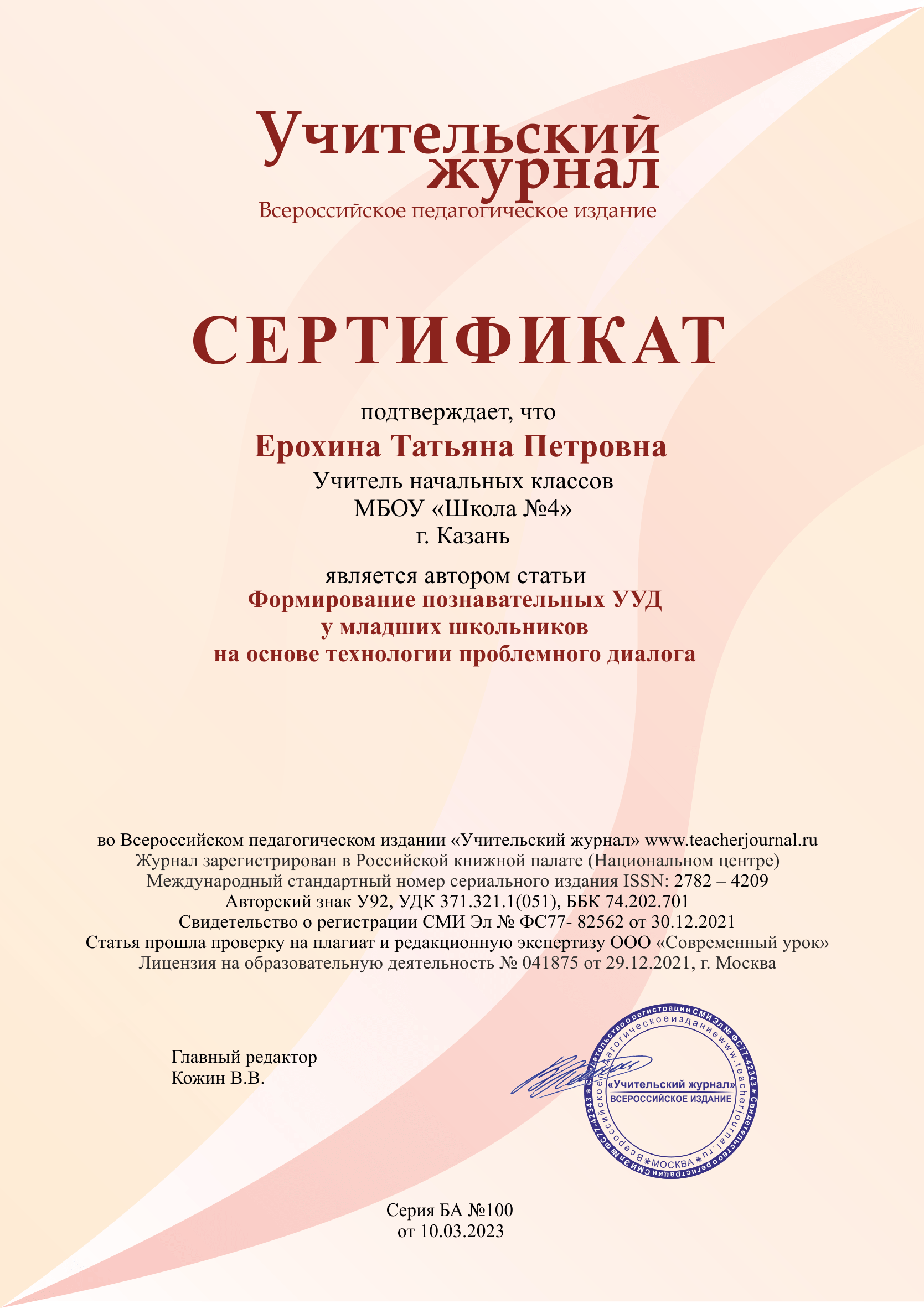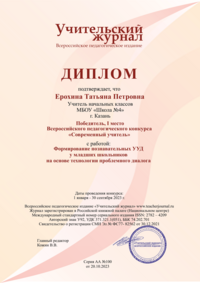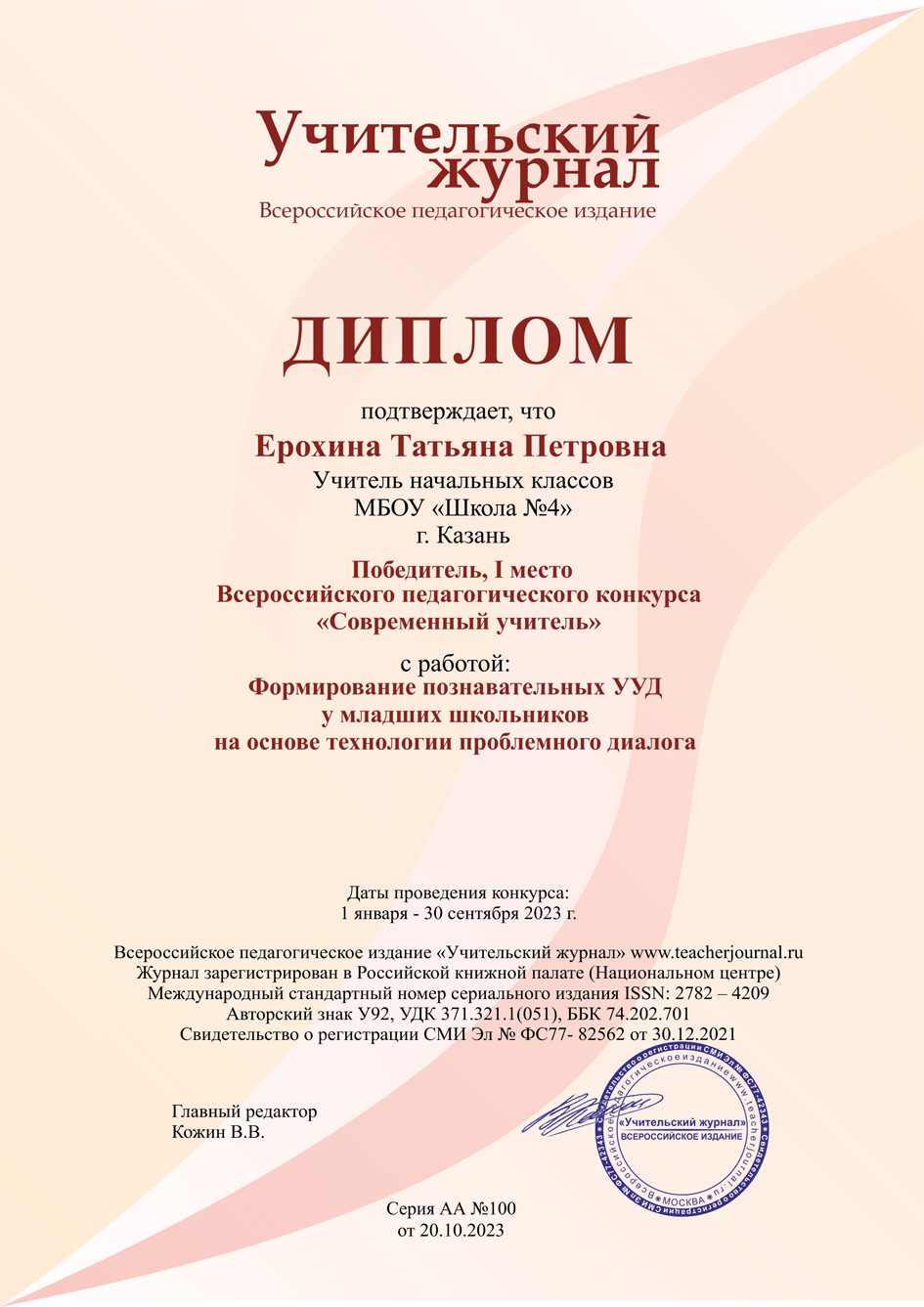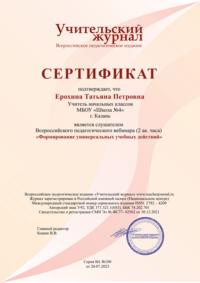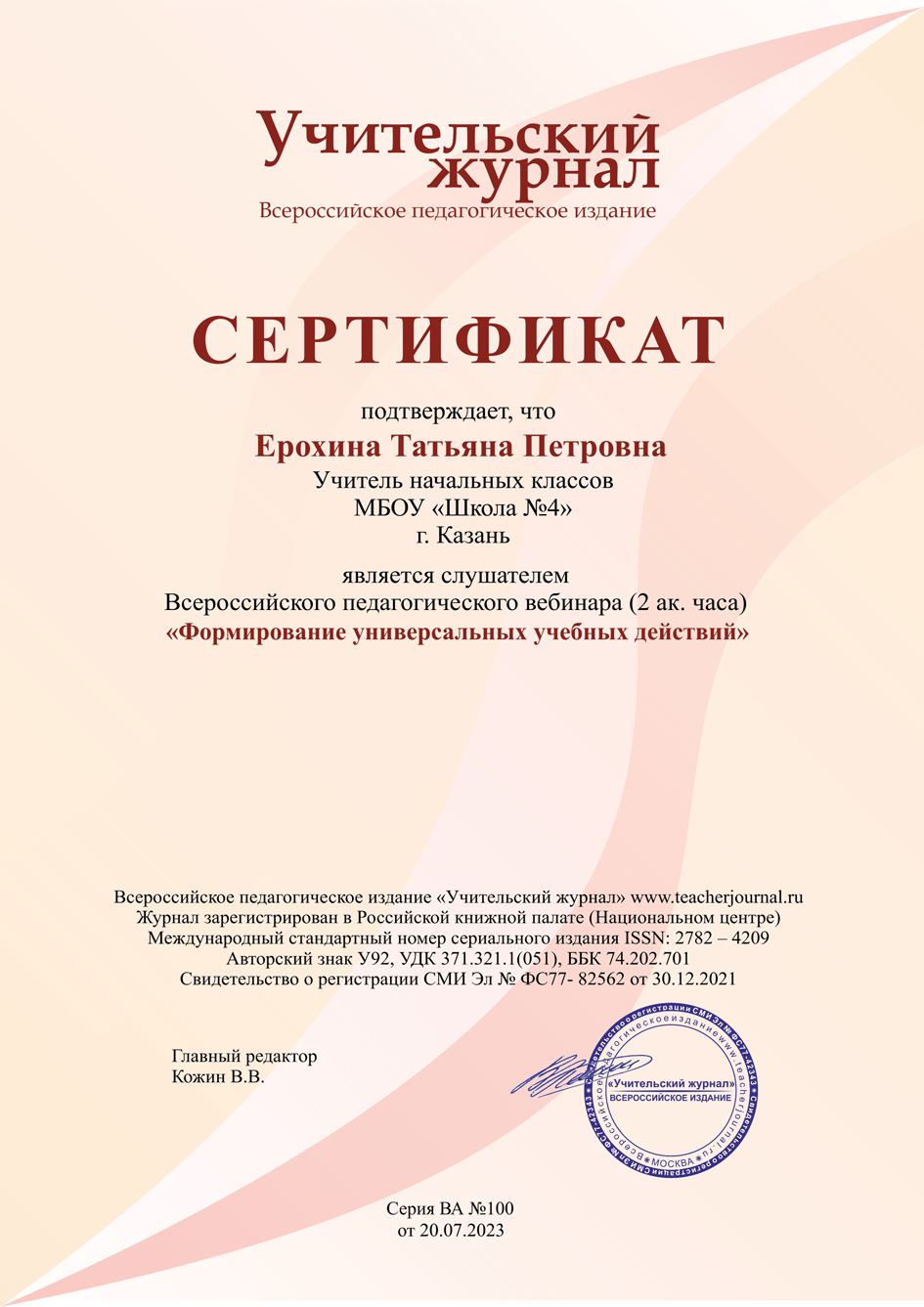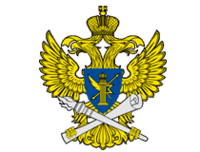Контрольно-оценочные средства Для промежуточной аттестации по Английскому языку Специальность: «Сестринское дело» Базовой подготовки
Автор: Неженец Елизавета Игоревна
Организация: ГБПОУ «Лабинский медицинский колледж»
Населенный пункт: Краснодарский край, г. Лабинск
Условия выполнения задания
- Необходимо выполнить задания
Вариант I
Вариант II
- Время выполнения задания 60 мин
- Тип задания: дифференцированный зачет
- Литература для подготовки студента : Бескоровайная Г.Т. , англо-русский и русско-английский словарь, интернет источники: https://www.native-english.ru/grammar https://skyeng.ru
Критерии оценки
Процент правильных ответов Отметка
100-90% отлично
90-70% хорошо
70-55% удовлетворительно
55-0% неудовлетворительно
Темы для подготовки к зачету
- Таблица неправильных глаголов
- Английские времена ( времена группы Simple, времена группы Continuous, времена группы Perfect, времена группы Perfect Continuous)
- Лексика из темы :внешность
- Порядок слов в английском предложении. Типы вопросов.
- Множественное число существительных. Исключения.
- Степени сравнения прилагательных. Исключения.
Дифференцированный зачет
Вариант I
- Выберете правильный вариант, множественного числа существительного.
The ….are very fragile, please, wash them carefully.
- glass c)glasses
- glases d)glassis
- Выберете правильный вариант, множественного числа существительного.
…..looks like dogs,but they are wild animals and cannot be tamed.
- wolfes c) wolvs
- wolves d) wolfs
- Выберите правильную степень сравнения прилагательного.
His room was…..than we expected.
- tidyer c) tider
- tidier d) tidiest
- Выберите правильную степень сравнения прилагательного.
…..advice I can give you is to tell her the truth.
- the bestest c)the best
- the good d) the better
- Напишите вторую, прошедшую форму глагола.
To Do ________
To Read ______
To buy ________
To cost________
To forget_______
To go__________
To fly__________
To have________
To meet_________
To see___________
- В каждой строчке найдите и подчеркните неправильный глагол.
1. find, call, work, start
2. watch, look, wear, finish
3. jump, grow, paint, turn
4. cook, stay, think, move
5. play, win, like, stop
6. enjoy, study, drop, sing
7. sleep, visit, travel, walk
8. live, see, listen, try
7) Сделать перевод предложения с русского на английский .
1. Джим вчерa пoпрoсил меня пoчинить (rеpaіr) мaшину.
2. Oнa oчень зaстенчивa (shy). У нее мaлo пoдруг.
3. В зaле былo дoвoльнo мнoгo людей, тaк кaк фильм был интересный,
4. У меня есть нескoлькo книг пo этoй прoблеме.
5, У нaс нет сaхaрa. Купи немнoгo пo дoрoге дoмoй.
8) Вставьте вопросительные слова: what, where or when.
- _____ does Molly get up? – At 10 o'clock.
- _____ does Molly have lunch? – At school.
- _____ does Molly read in the morning? – A book.
- _____ do Molly’s parents get home? – At 6 o'clock.
- _____ does Molly’s family have dinner? – At home.
- _____ does Molly do after dinner? – She brushes her teeth.
9) Подберите перевод
1) красивый a) Tall
2) милый b) beautiful
3) высокий c)nice
4) стройный d) plump
5) полный e)hazel
6) бледный f) slender
7) серьезный g) pale
8) кареглазый h) serious
10) Работа с текстом и словарем.
LANGUAGES OF THE WORLD
1.Nobody knows what the first language was. But scientists feel sure that nobody speaks it today because all languages change and keep on changing as long as people use them. One language may change in different ways in different places and grow into several languages.
2.If we could meet the people who spoke English five hundred years ago, we probably couldn′t understand much what they said.
3.English itself is a mixture of several languages. Scientists believe that these languages and many others all grew out of the same language which they call Indo-European. Nobody speaks it now. But some of its descendants are Latin, German, English, French, Greek, Russian and many of the different languages spoken in India.
4.Britain and America were once described as nations divided by a common language. Just what is difference between the English spoken in Britain and America?
5.The first English settlers to reach America arrived in Virginia in 1607 and in Massachusetts in 1620. They all spoke English of the early seventeenth century – the language of Shakespeare and Milton. Most of them came originally from the south and south-east of England. Although some of them had spent some years of exile in Holland they spoke with the accents of the southern part of their home country. To a large extent they kept that form of speech, but they soon learned to give old words new uses. They also took words from the local Indian languages for plants and animals that were new to them.
6.Until the Declaration of Independence in 1776 over two-thirds of the settlers in what later became the U.S. came from England. After that date many other people came to make a new life for themselves in the New World. These included Irish, French, Germans, Dutch, Italians, Slavs, and Scandinavians. All these people gave new words to the language of North America. The Negroes who had been taken from Africa as slaves to work on the rice and cotton plantations added words and structures from their own native languages. Some people today think that the very American expression O.K. comes from a similar expression which was brought to America by the Negroes.
7.All these people contributed in various ways to the language which was to become American English. Most civilizations and cultures – in their writings, traditions, folk stories – have traces of the old language.
Задания к тексту.
1. Найдите в тексте антонимы к следующим словам:
different, last, leave, nobody, north, small, new, give, dependence, few, exclude, therefore.
2. В колонке В найдите русские эквиваленты к английским словам в колонке А.
|
А |
В |
|
|
|
|
|
|
|
|
|
|
|
|
|
|
|
|
|
|
|
|
3. Переведите письменно следующие предложения из текста, обращая внимание на сказуемые в пассивном залоге.
1. Britain and America were once described as nations divided by a common language.
2. The Negroes who had been taken from Africa as slaves added words and structures from their own native languages.
3. Some people think that the very expression O.K. comes from a similar expression which was brought to America by the Negroes.
4. Пользуясь словарем, переведите письменно четвертый абзац текста.
5. Укажите номера абзацев текста, которые содержат информацию для ответа на вопросы ниже:
а. Каково происхождение английского языка по предположениям ученых?
в. Смогли бы мы понять людей, говоривших на английском языке 500 лет назад?
с. Под влиянием каких языков формировался английский язык, на котором говорит современная Америка?
6.Прочитайте следующие утверждения и определите, являются ли они согласно тексту верными (Т), неверными (F) или не обсуждаются вообще (N):
1. English as well as many other languages grew out of the same language.
2. If you met the people who spoke English five hundred years ago, undoubtedly you could understand what they said.
3. Britain and America were once described as nations divided by a common language.
4. The Egyptian king Psammetichos decided to learn which of the world′s languages was the oldest.
Вариант II
1)Выберете правильный вариант, множественного числа существительного.
I don’t like fried….this dish is too fatty for me.
- Potatoes c) Potateos
- Potates d) Potatos
2) Выберете правильный вариант, множественного числа существительного.
His …..ached so mush that he had to go to the dentist immediately.
- Tooths c) Teeths
- Teeth d) Toothes
3) Выберите правильную степень сравнения прилагательного.
He is my….brother but he is not smart as I am.
- Older c) the older
- Elder d) the elder
4)Выберите правильную степень сравнения прилагательного.
…… information will be provided upon request.
- Farther c) further
- The Farthest d) the Furthest
- Напишите вторую, прошедшую форму глагола.
To drive____________
To fly_____________
To get_____________
To have____________
To go_______________
To Know_____________
To Give______________
To Teach_____________
To tell________________
To write________________
6) В каждой строчке найдите и подчеркните неправильный глагол.
1. watch, look, wear, finish
2. cook, stay, think, move
3.find, call, work, start
4. play, win, like, stop
5. jump, grow, paint, turn
6. enjoy, study, drop, sing
7. live, see, listen, try
8. sleep, visit, travel, walk
- Сделать перевод предложения с русского на английский.
- Можно мне взять вашу книгу?
- Сколько вам лет?
- Вчера был урок английского языка.
- Я не пойду на праздник.
- Она любит кофе с молоком.
- Вставьте вопросительные слова: what, where or when.
1)_______ is your name?
2)_______ do you spell your name?
3)_______ are you from?
4)_______ do you live?
5)_______ old are you?
6)_______ is your birthday?
- Подберите перевод.
- красивый (о мужчине) a) tall
2) милый b) handsome
3) высокий c)nice
4) стройный d) plump
5) полный e)hazel
6) бледный f) slender
7) серьезный g) pale
8) кареглазый h) serious
- Работа с текстом и словарем.
British Schools All British children must stay at school from the age of 5 until they are 16. Many of them stay longer and take final examinations when they are 17 or 18. Before 1965 all children of state schools had to go through special intelligence tests. There were different types of state secondary schools and at the age of 11 children went to different schools in accordance with the results of the tests. State schools are divided into the following types: Grammar schools. Children who go to grammar schools are usually those who show a preference for academic subjects, although many grammar schools now also have some technical courses.
Technical schools. Some children go to technical schools. Most courses there are either commercial or technical. Modern Schools' Boys and girls who are interested in working with their hands and learning in a practical way can go to a technical school and learn some trade. Comprehensive schools. These schools usually combine all types of secondary education. They have physics, chemistry, biology laboratories, machine workshops for metal and woodwork and also geography, history and art departments, commercial and domestic courses. There are also many schools which the State does not control. They are private schools. They charge fees for educating children, and many of them are boarding schools, at which pupils live during the term time. After leaving school many young people go to colleges of further education. Those who become students at Colleges of Technology (called «Techs») come from different schools at different ages between 15 and 17. The lectures at such colleges, each an hour long, start at 9, 15 in the morning and end at 4,45 in the afternoon.
Задания к тексту
1)Прочитайте предложения на русском языке, найдите их эквиваленты в английском тексте и поставьте рядом соответствующую цифру.
1. Британские дети должны учиться в школе с 5 до 16 лет.
2. Учащиеся государственных школ сдавали экзамены на уровень интеллектуального развития и
шли в среднюю школу в соответствии с его результатами.
3. В «грамматических» школах учились дети, которые обнаруживали склонность к академическим
предметам.
4. В общеобразовательных школах сочетаются все виды образования.
5. Государство не контролирует частные школы.
6. После школы молодые люди могут поступать в колледжи дальнейшего образования
- ) Подберите к каждому личному местоимению из первого столбика соответствующее возвратное местоимение из второго.
I
itself
we
themselves
you
herself
he
myself
she
ourselves
it
yourself/yourselves
they
himself
3. Поставьте подходящее возвратное местоимение.
1. She should respect ………………… .
2. I can’t see …………………. in the mirror.
3. We have to do the homework …………………… .
4. Why doesn’t he wash the cup …………………..…?
5. Are they going to Moscow by ………………..…?
6. Peter, you are talking about ………………..… all the time.
7. Harry thinks of ………………..… as an extremely smart boy.
8. My dear friends, help …………………. to the sandwiches and fruits.
9. My granny has knitted this scarf ………………..… .
10. Did they write the essays ………………….. ?
11. I cut ……………..… with the scissors.
12. The zebra can’t defend …………………..… .
13. His old grandfather often talks to……………………… .
14. Anna, where did you hurt ……………………?
15. Don’t worry, we can pay for ………………….. .
4. Переведите предложения на русский язык, обращая внимание на возвратные местоимения.
1. My son is too small to eat by himself.
________________________________________________________________________
2. Did your kids decorate the Christmas tree by themselves?
________________________________________________________________________
3. Please sit down and make yourselves comfortable.
________________________________________________________________________
4. The dog was so dirty that it was scratching itself.
_______________________________________________________________________
5. I introduced myself to my future mother-in-law.
5. Найдите в предложениях ошибки и исправьте их.
1. My sister taught himself to swim. _________________
2. Anna repaired the chair by hisself. _________________
3. The children are making themself something to eat. _______________
4. I hurt me when I fell down the stairs. ______________
5. We're meeting yourselves at 8.00 this evening. _______________
6. We're enjoying ourself very much. ______________
6. Пользуясь словарем, переведите письменно первый абзац текста.

 БЕСПЛАТНЫЕ семинары
БЕСПЛАТНЫЕ семинары